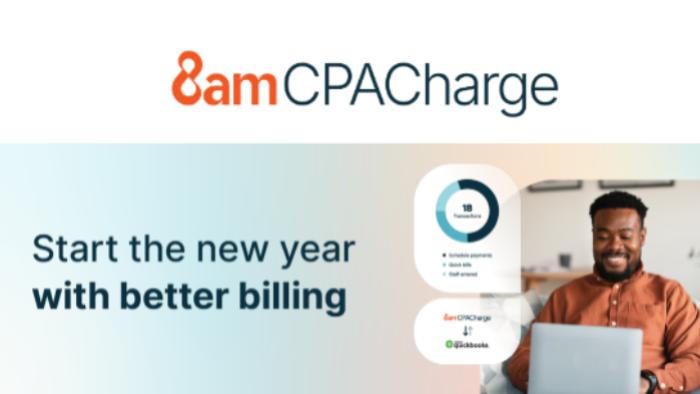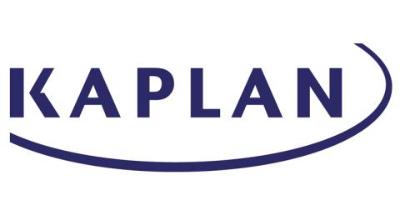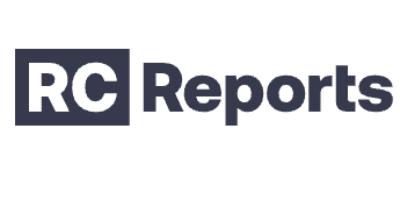Common Accounting Questions for New Businesses and Start-ups

A comprehensive guide to tackling essential accounting concerns for budding entrepreneurs
Starting a new business can be an exciting yet challenging endeavor, especially when it comes to managing finances and accounting. As a budding entrepreneur, you may have several questions about how to structure your business, maintain financial records, and finance your venture. This article aims to address some common accounting questions and provide guidance to help you navigate the financial aspects of your new business.
1. How should I structure my small business?
Selecting the right legal structure for your small business is crucial, as it impacts tax obligations, personal liability, and operational requirements. The most common business structures are:
- Sole proprietorship: A simple structure suitable for single-owner businesses, with the owner being personally liable for business debts and obligations.
- Partnership: Suitable for businesses with two or more owners, where partners share responsibility and liability for the business.
- Limited Liability Company (LLC): Combines the liability protection of a corporation with the tax benefits of a partnership, suitable for businesses looking to limit personal liability.
- Corporation: A more complex structure suitable for larger businesses, providing liability protection for shareholders but subject to double taxation.
Consulting with a lawyer or tax professional can help you decide which structure best suits your business needs.
2. Do I need a separate business bank account?
Yes, it is essential to open a separate business bank account to maintain a clear distinction between personal and business finances. A dedicated business account simplifies bookkeeping, ensures accurate tax reporting, and provides a professional appearance when dealing with customers and vendors.
3. How do I finance my business?
There are several financing options available for new businesses, including:
- Personal savings: Using personal funds to finance your business.
- Family and friends: Borrowing or receiving investments from your network.
- Bank loans: Obtaining a loan from a financial institution, which may require collateral or a solid credit history.
- Small Business Administration (SBA) loans: Government-backed loans designed to help small businesses.
- Crowdfunding: Raising funds from a large number of people, typically through online platforms.
- Venture capital and angel investors: Receiving investments from individuals or firms in exchange for equity.
It's essential to carefully evaluate each financing option and choose the one that aligns with your business goals and risk tolerance.
4. What accounting terms should I be familiar with?
Some basic accounting terms you should be familiar with include:
- Assets: Items of value owned by the business.
- Liabilities: Debts and obligations owed by the business.
- Equity: The owner's interest in the business.
- Revenue: Money earned from the sale of goods or services.
- Expenses: Costs incurred by the business.
- Accounts receivable: Money owed to the business by customers.
- Accounts payable: Money owed by the business to suppliers and vendors.
Understanding these terms will help you make informed financial decisions and communicate effectively with accounting professionals.
5. How should I record transactions?
Recording transactions accurately and consistently is essential for maintaining a clear financial picture of your business. Consider using an accounting software program to help you track income, expenses, and other financial transactions. Alternatively, you can maintain a manual ledger or work with a bookkeeper to ensure your records are up to date.
6. Should I use cash-basis or accrual accounting?
Cash-basis accounting records transactions when money is received or paid, whereas accrual accounting records transactions when they are earned or incurred, regardless of payment. For most small businesses, cash-basis accounting is simpler and more straightforward. However, as your business grows or if you have complex transactions, accrual accounting may provide a more accurate representation of your financial position. Consult with an accounting professional to determine which method is best suited for your business.
Starting a new business can be a daunting task, but understanding and addressing common accounting questions can help you build a solid foundation for financial success. By selecting the right business structure, maintaining separate bank accounts, exploring financing options, familiarizing yourself with essential accounting terms, accurately recording transactions, and choosing the appropriate accounting method, you can confidently navigate the financial aspects of your start-up.
As your business grows, consider working with a professional accountant or bookkeeper to help manage your financial records and ensure compliance with tax regulations. With the right planning and support, you can focus on growing your business and achieving long-term success.
Have a question? Get it answered by a CPA.Share This Article
What's Trending?
Trending topics & tools for the CPA community
How Firms are Rethinking Reasonable Comp (Quick Video)
It’s a short video and makes the value of repeatable, data-backed approach clear (especially compared to spreadsheets, gut checks and one-off calculations).
Learn how 8am CPACharge delivers clarity and confidence for accounting firms.
8am™ CPACharge brings invoices, payments, and reconciliation together in a solution designed to make your day easier from start to finish.
Seniors on Social Security Could Face $460 Monthly Cut to Benefits
Jim Komoroski, RSSA®, is quoted in Newsweek, offering expert insight into the projected monthly cuts to Social Security benefits should Congress fail to act.
Resources
Valuable information provided by our sponsors.
Specialize in Social Security
Looking to enhance your retirement planning expertise? Your solution: pursue the Registered Social Security Analyst®...
CPAdirectory members have access to discounted auto and home insurance
At CPAdirectory, we think it's a good thing to provide our members with access to...
Free CPE Course: ChatGPT for Tax Pros — Limited Offer
CPAdirectory and CCH CPELink are giving you free access to the on-demand course: ChatGPT for...
PE Deals In Accounting: Valuations, Structure, Tradeoffs
In this webinar, you’ll hear from firm leaders and industry experts who will share real-world...
Stand Out as a Trusted Social Security Expert with the RSSA® Designation
Designed for CPAs, the Registered Social Security Analyst® (RSSA®) designation provides advanced training to help...
How Firms are Rethinking Reasonable Comp (Quick Video)
It’s a short video and makes the value of repeatable, data-backed approach clear (especially compared...












